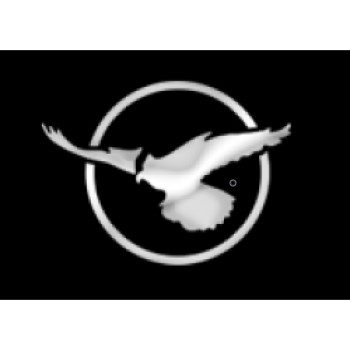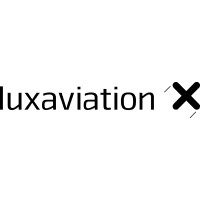For those who would like to see a summary of the current issue we are facing with the London night noise ban and to hear exactly what we are doing about this for our sector please read on.
Summary of Issue
The Government undertook a consultation late 2016 on night noise for the London airfields, which included STN, LGW and LHR. As a result of that consultation some changes were made to the classification of aircraft noise ratings (QC). This was primarily driven by an environmental lobby and promises made within the 2013 Aviation Strategy issued by the then Secretary for State Patrick Mcloughlin.
With the advent of a new generation scheduled aviation airliners, such as the A320 Neo. These aircraft promised noise ratings significantly lower than the previous generations of that type. There was a subsequent move to re datum noise ratings associated with aircraft movements at the three airports listed above through a night noise consultation.
The A320 NEO was considered as a QC 0 rated aircraft for future movements when calculating noise profiles for the airfield. What also occurred was that many commercial GA aircraft, that were already QC 0 rated around the world were arbitrarily re classified at these airport locations to QC 0.125. This may seem insignificant, except that this completely changed how those aircraft were able to operate. Where previously those aircraft were able to operate during night hours 22.30 – 07.00, suddenly they were required to utilise a slot. The flaw in this model is that when an airport is constrained with its movements and therefore its available slots, it is not feasible for commercial GA to access any slots. Effectively slots are designed for seasonal allocation against scheduled flights and in a business where activity is driven on a 24 hour timescale commercial GA cannot compete.
There is a secondary impact in terms of night activity which has also been effectively withdrawn to the Commercial GA sector. At least 1/3 of our movements at STN are with aircraft types that are rated above QC 0 and because of the pressure on slots created by the change, we are not able to access the remaining AdHoc slots at night due to their utilisation by Cargo and scheduled passenger operations. In terms of environmental protection and noise generation this is an anomaly because the aircraft operated by our community are still significantly quieter than fully loaded cargo aircraft, or the majority of passenger aircraft which are older technology.
Our current actions for the sector
Throughout the process the BBGA has been seeking to work with the respective bodies and encourage solutions. This productive approach has garnered support and respect from these bodies towards finding solutions. As far as the situation driven by the original night noise consultation affecting aircraft operating from STN,LGW and LHR, we have engaged directly with the Aviation Minister and her DfT team. Our request has been made on multiple levels. At the first stage we did request issuing an emergency derogation to actually roll back the legislation for the current season to reduce the direct damage to the market. It soon became clear that there was no mechanism available to derogate the changes made. Letters requesting help by the Aviation Minister were made to various parties and even with that intervention we found that the body which controls slots for aviation even though asked to assist did not have the instruments available to them to protect what were effectively slots that equated to our grandfathered utilisation. In the short term that was strike two for industry.
However, the DfT have shown understanding that what was happening is wrong and there is also awareness that this is not helping UK Plc. with the encouragement of the inward investors at such a critical time. Therefore we have been encouraged to make the case to DfT that there is a need to rapidly open a new consultation on night noise for the London airports specifically to address the unintended consequences of the last piece of legislation. Our intention is to see that consultation raised and addressed in the second half of 2018 so that changes can be made to prevent the same thing happening in the following season. The BBGA FBO workgroup managing this on behalf of the association have completed the first stage and have submitted a draft of that request to reopen the consultation to the DfT team in the last week.
In the case of Luton where the result is the same but the root cause is different, your industry representatives have me with all the Luton representatives in terms of operations with the airport and ownership/planning with the local government. It is fair to say that all parties now understand the magnitude of their actions and the airport have agreed to put in a new planning application to address the noise profiles required. Industry will be working with the airport to address this in the next few months and we have secured noise experts from our community with substantial experience in the field. Again this action is set to provide a solution for the upcoming season.
We are ensuring that the profile of this issue is firmly on the political agenda and with our connections in the all-party political group for aviation (APPG) we can ensure that if we have to we will raise questions in parliament to reinforce our concerns.
This experience is seen as an important landmark for our sector and it is a clearly the thin end of a wedge, not only in the UK but in the EU as well. If it is seen as acceptable to displace our operations in preference to dealing with problems in a proportionate way across aviation then suddenly we will not be able to operate and that will have a very significant impact on the UK economy as we discourage our investors in a post Brexit world.





